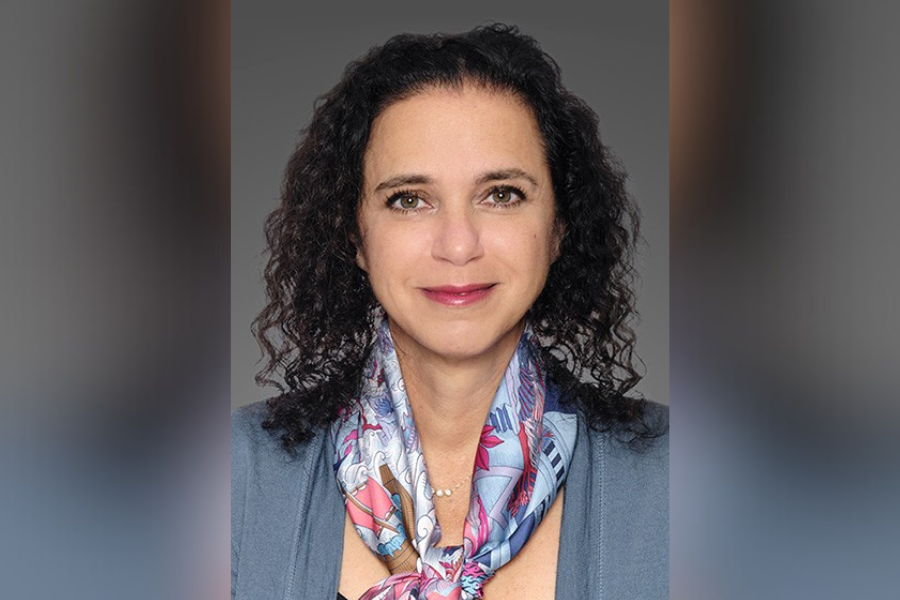

Offshore trusts are estate planning tools that grant individuals legal jurisdiction outside of the U.S. They tend to be multi-generational, held in jurisdictions that don't have a statute of limitations and often encompass an unwieldy number of beneficiaries thereby increasing the potential for conflict.
As a result, offshore trusts are often challenging vehicles for ESG investing, according to Shelly Meerovitch, co-head of global families at Bernstein Private Wealth Management.
Challenging for fiduciaries, but not impossible.
“There are two primary tools for fiduciaries,” says Meerovitch. “The first is ESG integration, which essentially takes the ESG considerations along with traditional financial ideas. The goal is always to get the best risk-adjusted return.”
“The other tool is ESG focused strategies, and those, along with financial performance, also aim to achieve non-financial goals as well,” Meerovitch said.
Those non-financial goals are harder to measure, says Meerovitch, so it's vital for a fiduciary opting for the focused strategy to think about a clear objective measurement of that performance.
An investment policy statement can help clear things up by setting up in advance standards that the family and the beneficiaries involved agree upon.
“It could deal with the time horizon of the ESG investment. The monitoring that the family wishes to have over those investments. The need for diversification. The need for rebalancing,” said Meerovitch. “All of those things could be addressed in advance and use the beneficiaries as co-investors, if you will, as partners in the investment process that would hopefully lower the risk of litigious environment later for the fiduciary.”
Lawsuits and legal actions generally don’t make for fun family affairs of course. That’s why Meerovitch says it is always best to get beneficiaries to buy into the plan before they invest.
“After you invest, you can do an accounting or a reporting and get them to sign off. The challenge there is that sometimes you have beneficiaries that aren't able to sign off like minors or unborns, and then you need to look to representation of classes of beneficiaries,” said Meerovitch.
"The most effective strategy for getting and keeping everybody onboard is through ongoing beneficiary involvement," says Meerovitch. "And that includes the investment policy statement, annual meetings and similar tools that “encourage communication, encourage collaboration, and hopefully get a shared goal for the family to work together towards.”

Eliseo Prisno, a former Merrill advisor, allegedly collected unapproved fees from Filipino clients by secretly accessing their accounts at two separate brokerages.

The Harford, Connecticut-based RIA is expanding into a new market in the mid-Atlantic region while crossing another billion-dollar milestone.

The Wall Street giant's global wealth head says affluent clients are shifting away from America amid growing fallout from President Donald Trump's hardline politics.

Chief economists, advisors, and chief investment officers share their reactions to the June US employment report.

"This shouldn’t be hard to ban, but neither party will do it. So offensive to the people they serve," RIA titan Peter Mallouk said in a post that referenced Nancy Pelosi's reported stock gains.
Orion's Tom Wilson on delivering coordinated, high-touch service in a world where returns alone no longer set you apart.
Barely a decade old, registered index-linked annuities have quickly surged in popularity, thanks to their unique blend of protection and growth potential—an appealing option for investors looking to chart a steadier course through today's choppy market waters, says Myles Lambert, Brighthouse Financial.
